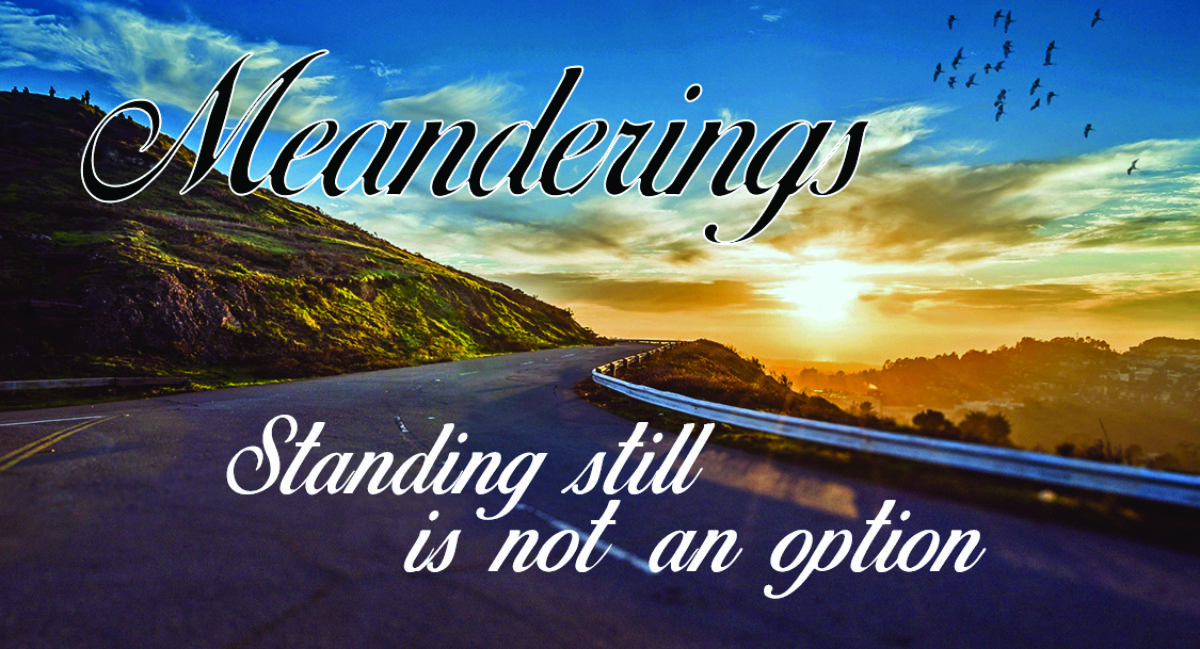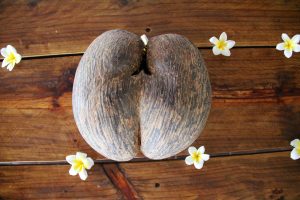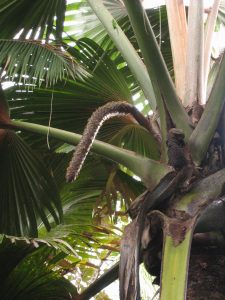There were 17 travelling companions – 12 Canadians, three from the USA, one tour guide and one driver. We were on a one week safari followed by one week at La Costa Resort in Costa Rica.
Off the plane in San Jose and there is our Tika Tour guide, the beautiful Patricia, our driver Manuel and our bus. We are not staying in San Jose so luggage stored, we are on our way to our first safari stop Manuel Antonio Park then to our lodge the Costa Verde. We stop at Biologica Carara Park for snacks and are surrounded by these squawking, extremely loud monkeys. Patricia tells us these are howler monkeys and they are found all over Costa Rica, can be quite mischievous and will spit at you. They emit a loud, grunting cacophony.
A group swings near and I grunt back trying to ape their sound. Our group follows suit and hence was born the Howler Monkey Club. For the next 14 days we started the day with a howl, ended it with a howl and howled at every howler monkey we saw.
Costa Rica abounds with exotic wildlife, enumerable birds unbelievable flora and fauna. It is all there and accessible. You will get a front row seat, or choose a back row, to observe mammoth crocodiles, huge iguanas, beautiful hummingbirds, toucans, macaws, armadillos, snakes and more snakes and more.
Our driver stops abruptly and points up into a tree. Ah! There is a sloth! Here is the confirmation that slothfulness is in truth a deadly sin. The sloth was going from one limb to another a distance of maybe two feet. Manuel parked so we could watch it. We watched, and watched, and watched. We howled at it. No change just s l o w as molasses movement, almost undetectable. The sloth had moved maybe ten inches after 20 minutes. He had not rested. Watching its slow progress was painful and awesome.
Every day of the safari was memorable. Every day the Howler Monkey Club got friendlier and more connected. Every day we perfected our howl and soon Patricia was sending word ahead that she had the greatest group of mostly Canadian tourists who had become Howler Monkeys. We were not shy going into the next lodge or inn and howling to all and sundry. It was obvious that we were a happy bunch and that happiness spread. Soon everyone was talking about the group of happy Canadians who were Howlers.
Then the group split with tears and laughter and hugs and promises to keep in touch as The Howler Monkey Club. Addresses exchanged, I was given the complete list as First President. Our three single ladies were spending the next week at a bird watching sanctuary, others were on safari only and eight of us Canadians were on to La Costa Resort. We howled our farewells.
Patricia had called ahead to let our tour representative at La Costa know the ‘Club’ was on the way. We were greeted with a banner: “Welcome to the Howler Monkey Club.” We needed no encouragement. We did our howling with gusto to the delight and no doubt the horror of some guests. We had the usual introductory talk and bought tour tickets.
The resort was wonderful and at dinner we declared that this was the kind of camping we liked. We had had an incredible experience roughing it on safari and would not forget the amazing sights but were ready for a bit of sybaritic vacation living.
After a long day of boat riding and barbecue we were eating pizza and having beer. Our guide told us the next stop would be at the Pirates Cove a new restaurant and inn. The owners greeted us and we discovered they were Canadians and the business was opened only two days. Our tour guide had added this stop knowing we were all Canadians. Instead of howling, I started to sing O Canada and all the Howlers joined in. The owners cried as they and their two young children sang along. They were from Vancouver, had visited Costa Rica, fell in love with the country and sold everything they owned to buy the bar and inn.
We wished them luck. Hugs were in abundance. Next stop Cocos Bar, and then back to La Costa where we closed out the disco.
The Meander: Travelling is freeing and full of surprises. The Howler Monkey Club existed for about five years. We are still in touch with the young honeymooners. Some years ago I read the obituary of one member and sent a card to his wife. She wrote back a lovely letter reminiscing about our Howler Monkey Club. We travel for moments like these.



 (Dodo – Illustration)
(Dodo – Illustration)